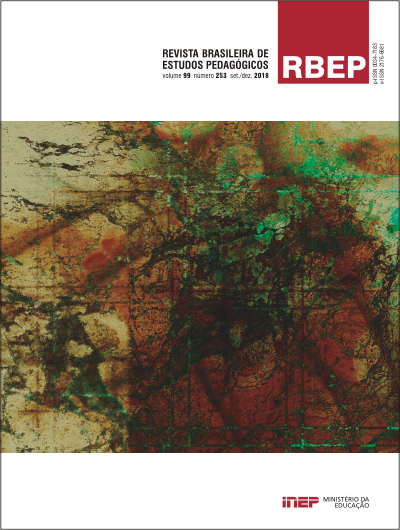Environmental education in early childhood education according to Morin’s knowledge
Abstract
The work with the environment in connection to the education have been disseminated by many events, researches and documents; and thesebhave been highlighting the significance of environmental education for human development, to bring up critical, reflective and reality-confronter citizens. Thus, beginning to integrate environmental education in early childhood proves to be paramount, since it is specifically in this stage that children learn the values they will carry throughout their lives; however, the reference document never mentions the term “environmental education”. Therefore, this research aims to comprehend the place environmental education holds in the National Curriculum Guidelines for Early Childhood Education (Brasil. MEC. SEB, 2010). This is a qualitative research, conducted through a documentary analysis, that seeks points of convergence between the aforementioned guidelines and the National Curricular Guidelines for
Environmental Education (Brasil. CNE, 2012), chiefly underpinned on Morin (2001). It was possible to identify some points of convergence between the said documents, such as the work with ethics, care, cooperation and solidarity. Besides that, Morin’s work is understood as a strong contributor to the establishment of the environmental field in the early childhood education.
Downloads
Once their work is accepted for publication, author’s copyrights are automatically relinquished to the National Institute for Educational Studies and Research Anísio Teixeira (Inep).
Since 2016, the journal Revista Brasileira de Estudos Pedagógicos (RBEP) uses the licence CC-BY.
Partial or total reproduction of the content of this Journal is permitted provided that the original publication is properly referenced, as well as a link to license CC BY 4.0 and to indicate any possible alterations made to the article.




















